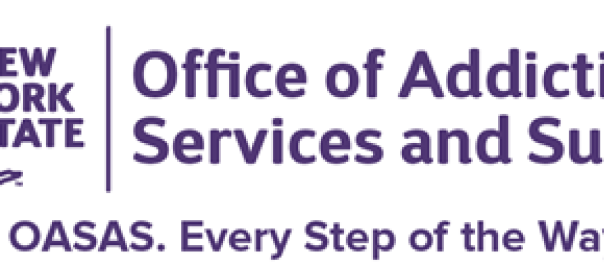
New U.S. drug policy presents opportunity to greatly expand access to medications to treat opioid addiction
On January 12, the federal government announced an important change to U.S. drug policy that presents an opportunity for health care providers and public health officials to greatly expand access to medications to treat opioid addiction, including buprenorphine. This change could stem the course of our nation’s devastating opioid overdose epidemic and take steps towards redressing harms caused by policies that have disadvantaged lower income communities as well as black, indigenous, and other people of color.
Of the three medications approved for the treatment of opioid addiction, methadone and buprenorphine are the most commonly prescribed. Both are equally effective and help greatly reduce death by overdose. Methadone is a tightly regulated medication that can only be prescribed and administered in specialized addiction treatment settings. Buprenorphine, however, can be prescribed in any setting and many formulations can be self-administered. Until recently, health care providers had to obtain a Drug Addiction Treatment Act Waiver – commonly called an X-Waiver – to prescribe buprenorphine. The X-Waiver created access barriers due to the 8-to-24 hours of additional training required, additional administrative hurdles, and imposed limitations on the number of patients a provider could treat.
Passage of the 2023 Omnibus Bill has resulted in elimination of the X-Waiver. This is critical at a time when overdose deaths have been climbing for more than a decade. In recent years, our nation has lost the annual equivalent of a mid-sized city to drug overdose, culminating with more than 100,000 overdose deaths in 2021. It is important to highlight that the rate of death has not been distributed evenly across our communities. Overdose death rates are disproportionately higher in communities of color and communities experiencing high poverty rates. The uneven distribution of overdose deaths is the direct result of decades-long, racist social policies that structurally disadvantage black, indigenous, and other people of color.
The barriers created by the X-Waiver requirement served to ration effective treatment for opioid use disorder, thereby reinforcing structural racism and redlining policies in our health and public health system. Buprenorphine has been far more accessible to whiter and wealthier communities. Meanwhile, communities that are predominantly black and brown or those experiencing poverty tend to have limited access to buprenorphine, yet greater access to methadone. Although both treatments are effective, they have not been equally available.
This new federal change has the potential to advance health equity across this country. This, however, will only be achieved if providers and public health agencies actively ensure that buprenorphine is provided equally in financially disadvantaged communities and for people of color. It is incumbent on the entire healthcare field to ensure that critical advancements in treatments are not hindered by barriers, and that services are accessible to all those in need.
Dr. Chinazo Cunningham is Commissioner of the New York State Office of Addiction Services and Supports (OASAS). Dr. Cunningham is a physician, researcher, and public health professional who brings over 20 years of expertise in substance use treatment to OASAS.


